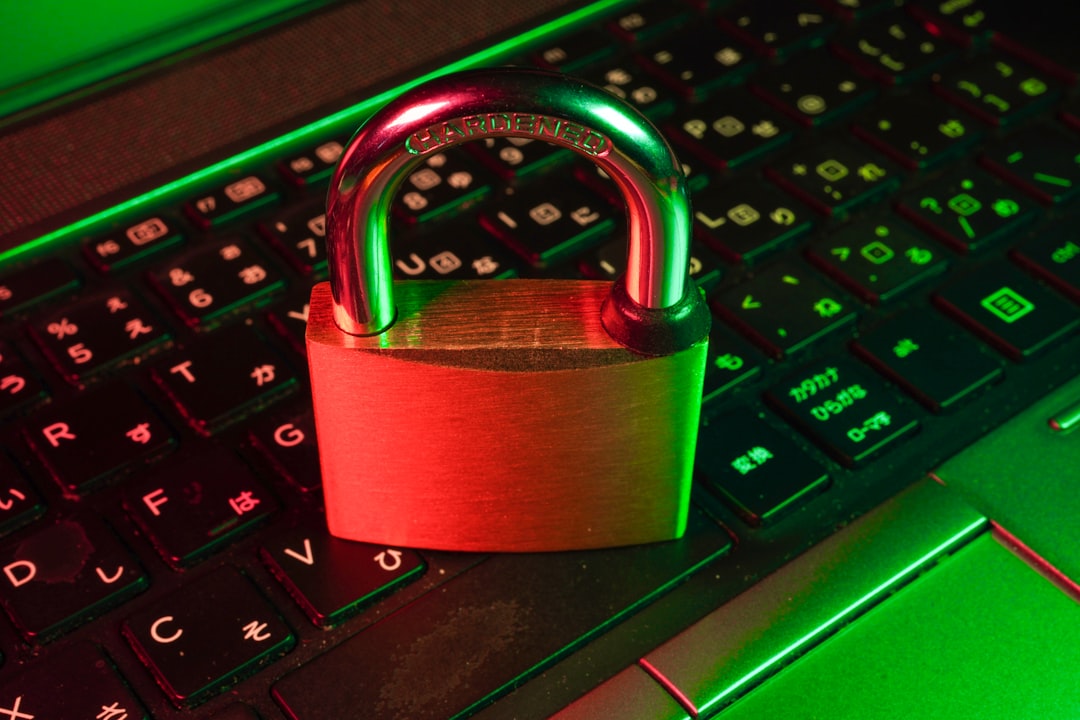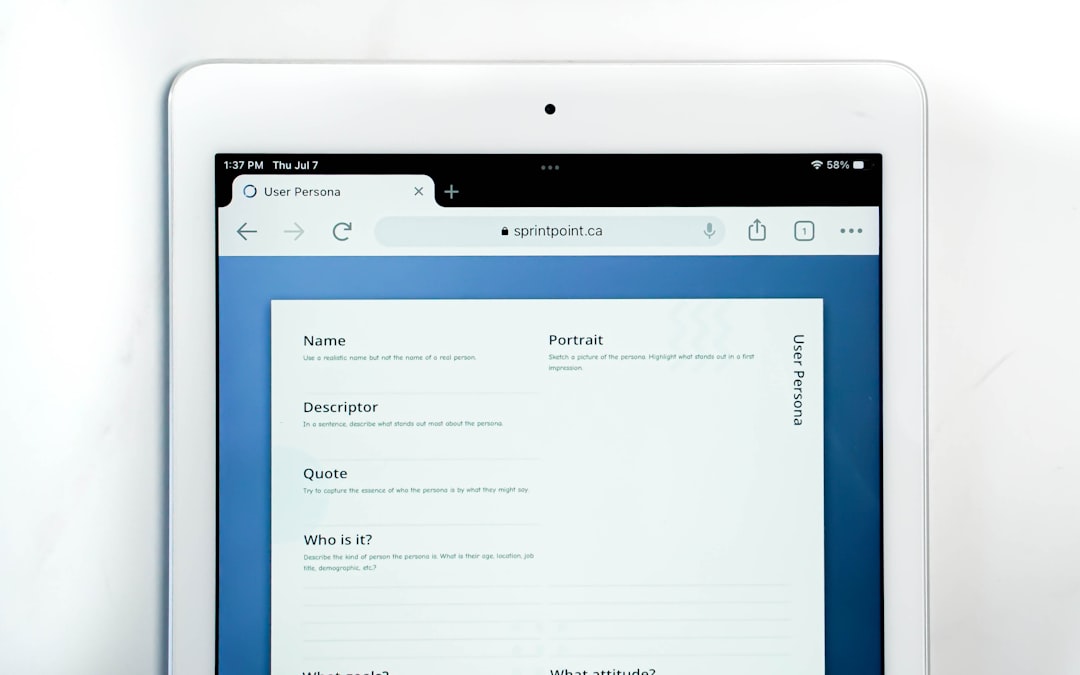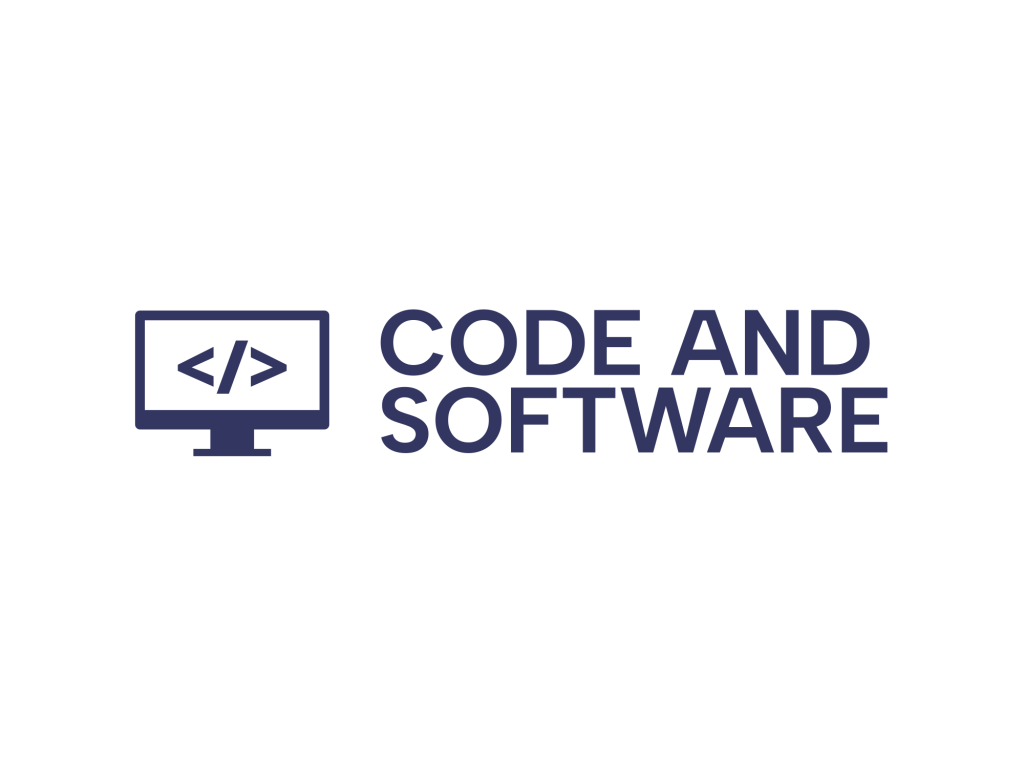If you’ve ever wondered whether your conversations with ChatGPT are stored or reviewed, you’re not alone. In an age where digital privacy is a growing concern, knowing what happens to the data you share during a chat session is crucial. This comprehensive guide will walk you through how ChatGPT handles chat history, what data is saved, how it’s used, and what controls you have over your own information.
Is My Chat Saved?
Yes, to some extent, your chats with ChatGPT can be saved. When you interact with ChatGPT through platforms such as OpenAI’s web interface, your inputs and the assistant’s responses may be stored to improve the system’s performance and user experience.
However, it’s important to understand that not all ChatGPT implementations function the same way. Some third-party integrations or self-hosted ChatGPT versions may handle chat history differently. Always check the privacy policy of the platform you’re using.
Why Are Chats Stored?
There are several reasons why chats may be stored:
- Model Improvement: OpenAI may use your chats to fine-tune and improve ChatGPT’s performance.
- User Experience: Saving chat logs can help provide continuity in your conversations and deliver a more customized experience.
- Security Monitoring: Logs may be reviewed occasionally to ensure compliance with terms of use and security standards.

What About Chat History?
ChatGPT offers a feature called chat history, which allows you to revisit past interactions. This can be helpful for users who want to refer back to previous information or continue a discussion. However, this feature is optional and can be managed in your settings.
You can disable chat history at any time. When disabled, conversations are not saved to your account, and OpenAI says those interactions are not used to train or improve the model.
Can OpenAI Employees See My Chats?
Under normal circumstances, OpenAI employees don’t have access to your private conversations. That said, some anonymized conversations may be reviewed for safety monitoring or to improve model performance.
According to OpenAI, when chats are reviewed, they are stripped of identifying details to protect user identity. You can also mark chats as sensitive or confidential by refraining from sharing personal or identifying information during conversations.
Managing Your Data: What Are Your Options?
OpenAI provides several tools and settings to give you control over your data:
- Enable/Disable Chat History: You can toggle this feature in your settings anytime.
- Download Your Data: OpenAI allows users to request their data through their account settings.
- Delete Chats: You can easily delete individual conversations or your entire chat history if you choose.

How Secure Is My Information?
OpenAI uses industry-standard security practices to protect stored data. While no system is immune to breaches, safeguards like encryption, secure servers, and access controls are in place to minimize risks.
Still, it’s wise to exercise caution and avoid sharing sensitive personal data, financial details, passwords, or confidential information in your conversations.
ChatGPT Enterprise and Data Privacy
For businesses using ChatGPT Enterprise, OpenAI offers enhanced privacy options. According to OpenAI, enterprise data is not used to train models, and conversations are encrypted both at rest and in transit. This makes ChatGPT Enterprise a more suitable solution for privacy-conscious organizations.
Summary: What You Need to Know
To wrap things up, here are the key takeaways regarding chat history and data privacy with ChatGPT:
- Chat data may be stored and used to improve model performance unless chat history is turned off.
- You can manage your chat history, delete conversations, and download your data.
- OpenAI implements privacy and security measures, but it’s always best to avoid sharing sensitive information.
- Enterprise-level products offer additional data protections for organizations.
Understanding how your data is handled empowers you to make informed decisions when using AI tools like ChatGPT. By staying aware of your options and practicing sensible data sharing, you can maintain control over your digital footprint.

